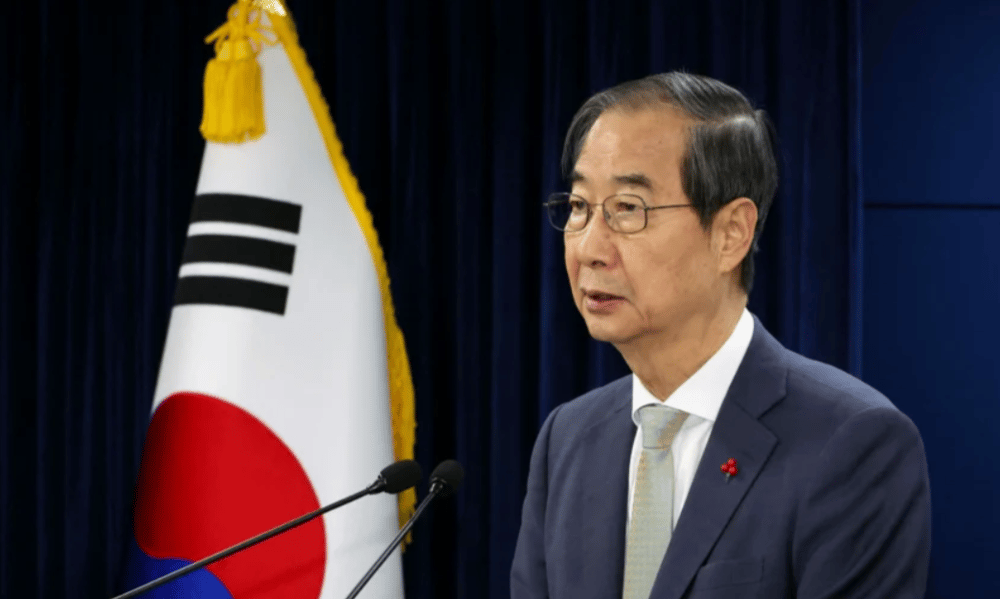Related Articles
USD Weakness Sparks Record Inflows into Emerging Market Local Currency Bonds
The depreciation of the U.S. dollar (USD) has triggered a notable resurgence in a long-overlooked asset class: emerging market (EM) local currency debt. After more than a decade of subdued investor interest, funds flowing into EM local-currency bonds hit a record high, according to data from EPFR for the week ending Wednesday.
Poland Commits 45% of EU Recovery Funds as Zloty Holds Steady Against USD
Poland has formally allocated more than 117 billion zlotys (PLN) — approximately $32 billion USD — in European Union Resilience and Recovery Funds, marking a pivotal phase in the disbursement of post-COVID stimulus capital. This figure represents 45% of Poland’s total EU allocation, underscoring the country’s accelerated efforts to leverage European funding for long-term economic revival.
GBP/USD Holds Steady Amid Geopolitical Tensions and Bank of England Policy Uncertainty
The British pound (GBP) remained broadly stable against the U.S. dollar (USD) on Monday, reflecting heightened caution among investors ahead of the Bank of England’s (BoE) upcoming policy meeting. The market’s subdued tone comes against a backdrop of geopolitical instability, as tensions between Israel and Iran persist, prompting safe-haven flows into the greenback.







Embracing such forward-thinking strategies is setting the stage for significant capital growth